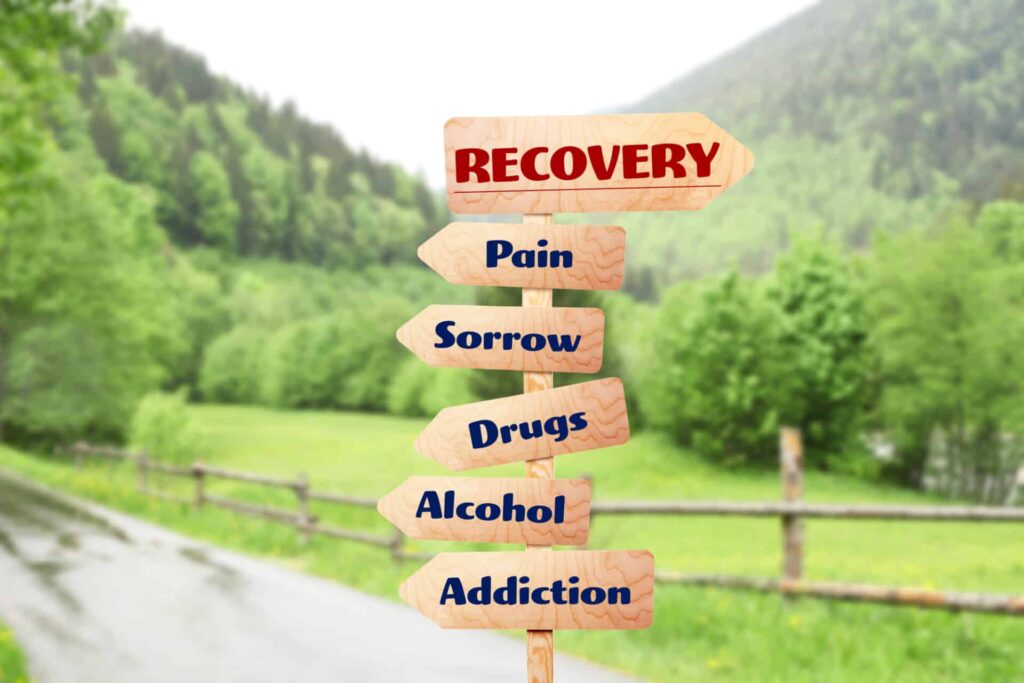Convenient telehealth addiction treatment allows patients to receive care with virtual access.
Key Kind Of Dependency Therapy: Browsing Alcoholism Healing Via Evidence-Based Practices
In the world of alcohol addiction healing, the assimilation of Cognitive-Behavioral Therapies (CBT) and Medication-Assisted Treatment (MAT) notes a pivotal stride towards effectiveness and patient-centered treatment. CBT offers a structured course to reframe detrimental thought patterns, while floor covering gives a biochemical footing against the physical tribulations of withdrawal. When these evidence-based practices are supplemented with alternative techniques, such as mindfulness and dietary assistance, they form a robust framework for treatment. Nevertheless, the trip via these modalities presents distinct difficulties and end results, laying bare the inquiry of how these treatments concretely converge to cultivate continual recuperation.

Comprehending Cognitive-Behavioral Treatments in Alcoholism Recuperation
As alcoholism recuperation progresses, cognitive-behavioral treatments (CBT) have actually become a foundation in effective therapy methods. CBT operates the concept that maladaptive actions, such as extreme alcohol consumption, are driven by dysfunctional thoughts and beliefs. Therapy concentrates on determining these unfavorable patterns and mentor individuals how to challenge and change them with even more positive reasoning. This treatment is not only regarding handling behaviors but also improving cognitive procedures, which can bring about outpatient treatment center continual sobriety. Sessions normally entail sensible abilities training, such as dealing methods for handling yearnings and stress management strategies. The versatile nature of CBT allows it to be tailored to the distinct needs of each person, improving its effectiveness in the world of alcohol healing.

The Function of Medication-Assisted Treatment in Taking Care Of Withdrawal and Desires
Medication-assisted treatment (FLOOR COVERING) plays a vital duty in the monitoring of withdrawal signs and symptoms and cravings in individuals recouping from alcohol addiction. addiction treatment center. Such combination supports the retention in therapy programs and adds dramatically to avoiding relapse, marking MAT as a foundation of reliable alcohol dependency therapy.

Incorporating Alternative Strategies With Conventional Treatments for Comprehensive Treatment
While medication-assisted treatment provides a anchor foundational strategy to alcohol recovery, over at this website integrating alternative techniques with typical therapies provides a much more detailed treatment version. This synthesis enables the therapy of the entire person, attending to not just the physical facets of dependency yet also the psychological, emotional, and spiritual dimensions. Methods such as mindfulness, yoga, and acupuncture enhance cognitive-behavioral therapy (CBT) and group sessions, supporting tension reduction and emotional guideline. Nourishment and workout programs further enhance physical health and resilience. By combining these diverse methods, treatment programs can tailor interventions to individual demands, advertising an extra lasting recovery. This integrated strategy underscores the significance of a multifaceted method in the effective treatment of alcoholism.
Final Thought
In verdict, reliable alcohol dependency recuperation leverages a mix of evidence-based methods. Cognitive-Behavioral Treatments reframe adverse reasoning, while Medication-Assisted Therapy deals with the physical difficulties of withdrawal and food cravings.